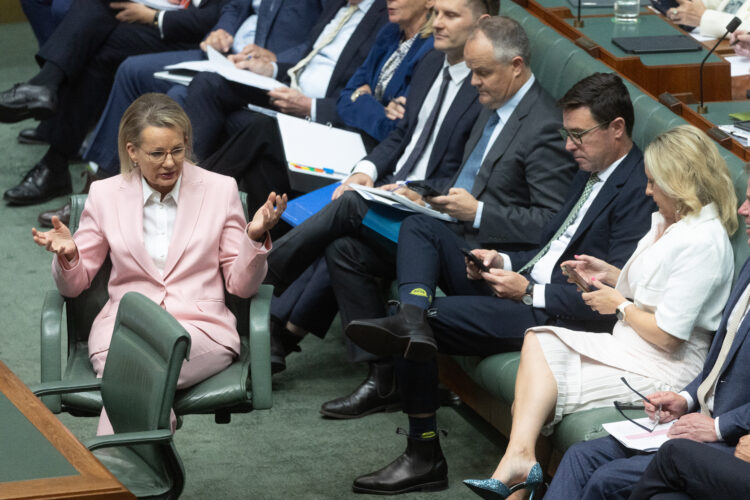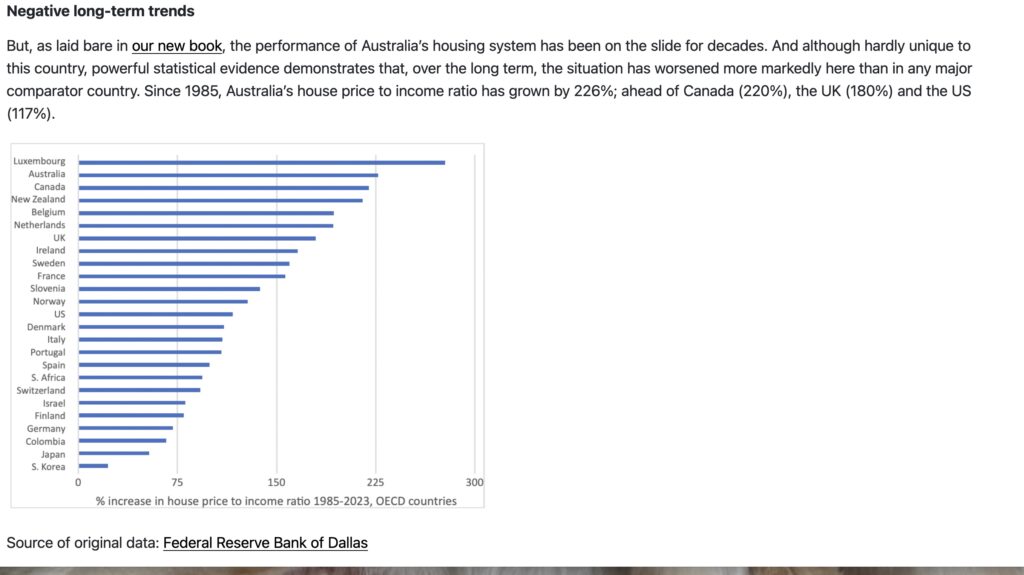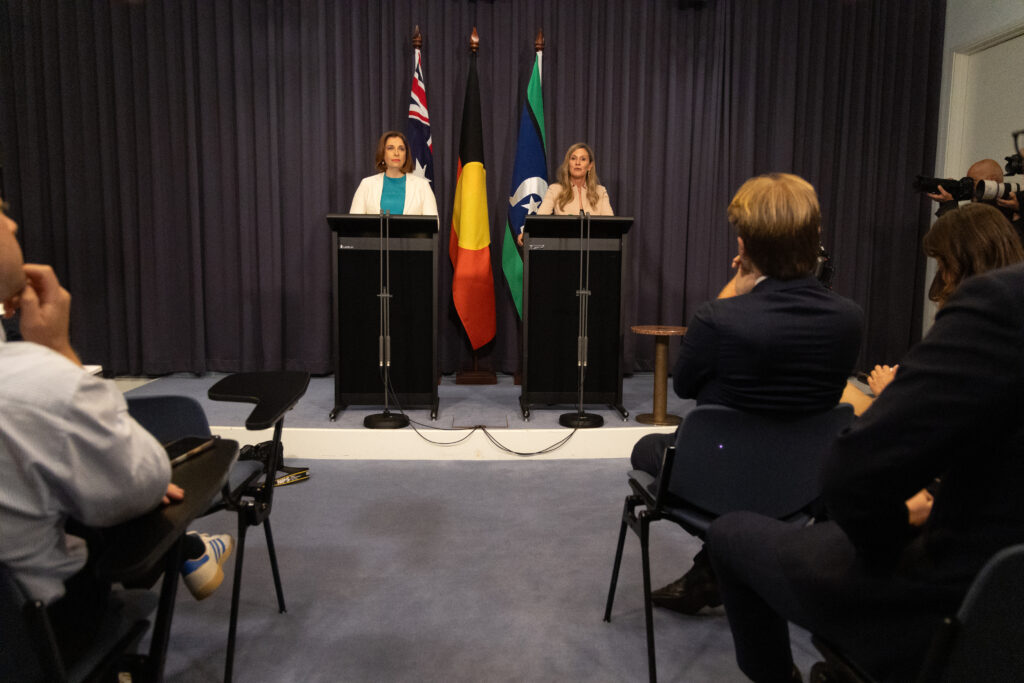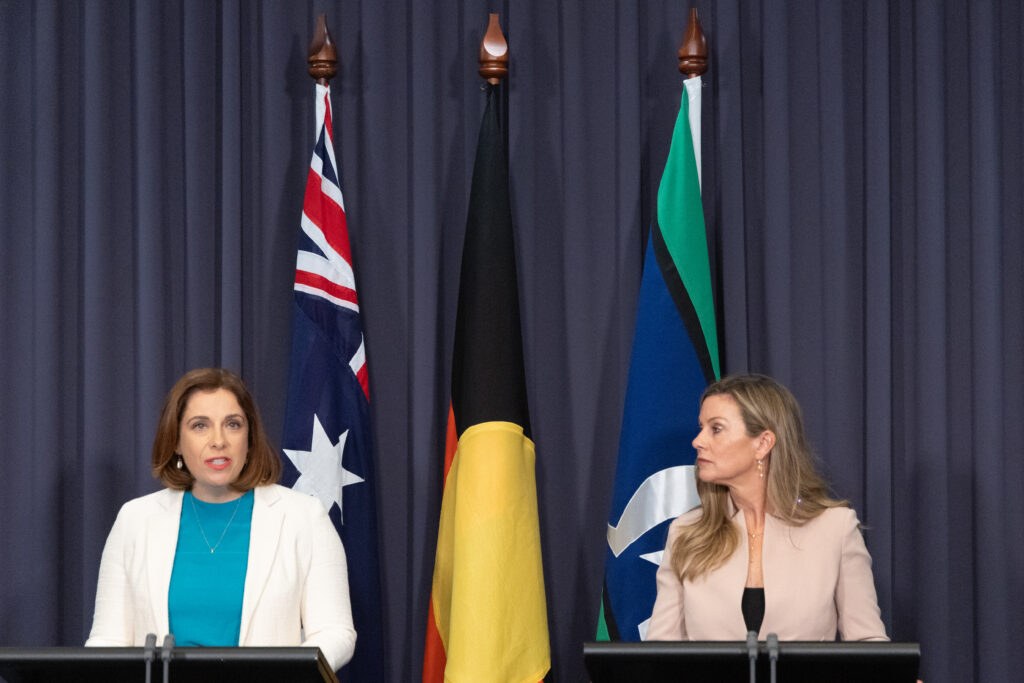Teals stand against Labor’s environment legislation
Here is the statement from the Teals on why they can not support the government’s environmental law changes:
Reform of the Environmental Protection and Biodiversity Conservation Act is critically important to protecting nature and driving productivity.
But Independent MPs have raised serious concerns about the Albanese government’s proposed amendments.
The MPs have identified a range of deficiencies in the Bill:
- lack of climate safeguards
- too much power in the hands of the environment minister
- ill-defined national interest powers
- a gaping loophole on deforestation
- flawed offset scheme
The Independent MPs are engaging in discussion with the government, opposition and senate colleagues to support a range of amendments that ensure genuine environmental protection – with clear standards, transparency and accountability.
We need to get this law right.
Zali Steggall, Independent MP for Warringah
“If we want credible environment laws, companies should have to disclose climate risks associated with their business activities, just as they do under existing financial regulation.
“The laws must also be strengthened to recognise the cumulative impact of multiple projects, ensuring decisions made under the Act reflect the full, long-term pressure on ecosystems.”
Allegra Spender, Independent MP for Wentworth
“The EPBC reform is essential to protect Australia’s beautiful environment, and critical for future productivity and the climate transition.
“We know the old laws aren’t working for nature or the economy. We need to get this broken system fixed, but significant changes are needed to ensure the protections are robust.”
Nicolette Boele, Independent MP for Bradfield
“Climate change is one of the top three causes of our extinction crisis. And yet, climate is not addressed under the Government’s proposed amendments to our nature protection laws.
“Without adequate measures to shield wildlife, forests and reefs from further and permanent harm, we are letting down more than our koalas – we are failing our children and grandchildren.”
Sophie Scamps Independent MP for Mackellar
“For 25 years our weak environment laws have failed to protect our nature. Due to blanket exemptions for native forest logging and land clearing, Australia now sits alongside Brazil and Bolivia as a global deforestation hotspot – the only developed nation to be on that list.
“Under the Government’s proposed reforms, this devastating habit loss will likely continue apace because the exemptions are retained. Additionally, the reformed bill is so riddled with ministerial discretion that there is no guarantee our nature will be better protected, and in some cases, protections may even be weakened.”
Monique Ryan, Independent MP for Kooyong
“Australia’s nature laws are the most powerful protection we have against environmental destruction and species extinction. They hold unique significance to all Australians; these reforms must be considered extremely carefully. Australia’s nature laws are broken. Unfortunately, so is the Bill designed to fix them.
“The massive loopholes in this Bill render it unacceptable in its current form. Granting the Minister permission to destroy nature for any reason they determine to be in the national interest is giving them too much discretion to expedite fossil fuel projects or mining developments – irrespective of their environmental harm. Nothing is more in Australia’s national interest than preserving our nature. We have to strengthen these laws and close these loopholes.”
Independent Member for Curtin Kate Chaney MP:
“Previous offset funds have allowed projects to ‘pay to destroy’ without delivering any meaningful restoration of the environment.
“Without limits on when the offsets fund can be used and accurate pricing, developers will take easy option – handing over cash to ditch their responsibility to the environment and future generations.
“I urge the Government to engage collaboratively and in good faith to fix the loopholes in the offsets scheme to deliver for nature and for business.”








